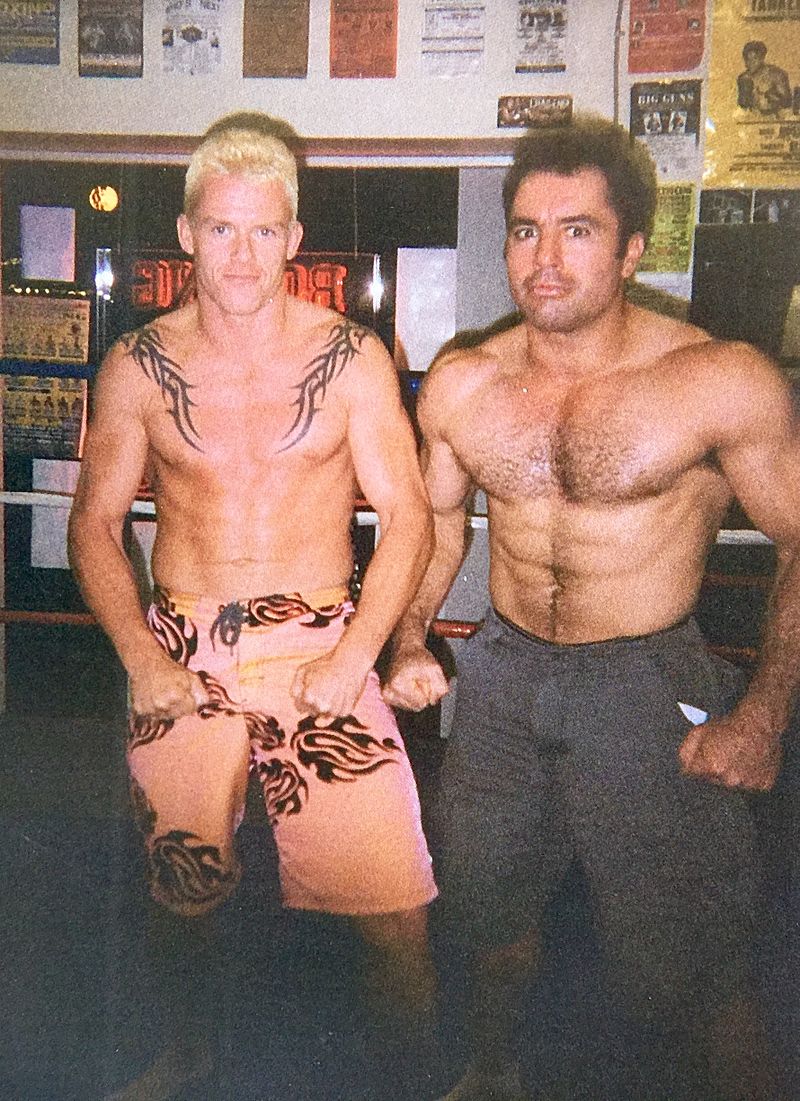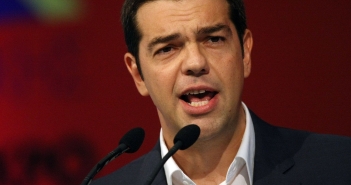Anyone unfamiliar with Joe Rogan would do well to watch his stand-up shows on Netflix, or read a recent piece entitled ‘Why is Joe Rogan so Popular?’ from The Atlantic. Perhaps you already know him from a notorious interview with Elon Musk, where the latter liberally drinks whiskey and smokes weed, much to Wall Street’s chagrin.
Why is Bull Moose talking about Joe Rogan? Well, for starters, he has the second most popular podcast in the country, but, more importantly, he is popular with men across the political spectrum. Men who are fed up with political correctness, the victimhood so prevalent in American politics, and above all the constantly changing idea of what it means to be a man in America. Listen to Mr. Rogan and you’ll soon learn that he provides a welcome reprieve from conventional thinking, if nothing else.
Joe Rogan is a showman. He is a professional comedian. But he’s also one who seemingly understands that the ‘average’ American man is frustrated. This average man has political power, yes, but his personal power (and his pocketbook) has been curtailed since the Great Recession. He asks his wife about whether he should change the diapers; seeks her for permission to go out for a beer; can’t pay off his debts, and somewhere along the way, Joe Rogan contends, he stopped acting like a man and started behaving like a pussy.
The average Joe Rogan fan is unhappy about this state of affairs. They are American men of whatever race and background who realise they should have the power to succeed, and strive to be a better version of themselves, but see obstacles in their way. They realise the empty promise of a bigger TV, or a faster car. As Joe Rogan put it:
We got sidetracked and diverted into these boxes, these cubicles in offices … So instead of investing your time in a passion, you’ve sold your life to work for an uncaring machine that doesn’t understand you. That’s the problem with our society. And what’s the reward? Go home and get a big TV.
The media widely assumes that this group of disaffected, frustrated men voted for Trump. Many of them did, but just as many would never vote for him. They are the accountants, the soccer dads, the everyday Americans who believe this country is already great, and that, no, we don’t need to buy Greenland.
Reaching out to this disaffected part of the population and offering them a voice will be key to winning the White House in 2020. Trump did it in 2016, and will surely count on their support in 2020. Democrats should take heed. Understanding the scale of their frustrations is one of the keys to a successful campaign. The anointed Democratic candidate should voice their concerns, appreciate their contributions, and make them feel part of his or her agenda.
No, Bull Moose is not calling for an embrace of divisive gender politics as a way to win an election. Quite the opposite, the candidate that taps into this frustration will be the one that gives men the sense that they too can be who they want to be: a citizen who feels good about the opportunity he has for personal and professional success, to the benefit of the country as a whole.
Past American leaders of different political convictions – from FDR to JFK or even Reagan and Obama – all called for sacrifices for the greater good. They instilled a pride in the average American man that his individual sacrifice was contributing to a great country. Increasingly, however, his sacrifices are accompanied by a diminishing quality of life, and income; nor has he much to feel proud about in the public sphere.
What Joe Rogan understands – and what makes his so popular – is that lying beneath male frustrations is an enduring conviction that the ‘average Joe’ can become whatever he wants, and that self-actualization is more important than material gain. They are inspired to become the hero in their own movie: to be kind; to pursue excellence; to be relentlessly positive; to think freely; to be unafraid.
So, you might ask, what’s the point? The point is Democratic Presidential candidates should start talking about opportunity and freedom inclusively, and not only for those disadvantaged historically. Also, please refrain from using the expression ‘the average hard-working American man.’ No one wants to be labelled “average.” Focus instead on the unlimited potential of every human being.
Feature image is Joe Rogan with Gerald Strebendt, circa 2002.
If you enjoyed this article you might consider purchasing our new hard copy Cassandra Voices II.
Become a part of the Cassandra Voices community through a monthly donation on Patreon.




